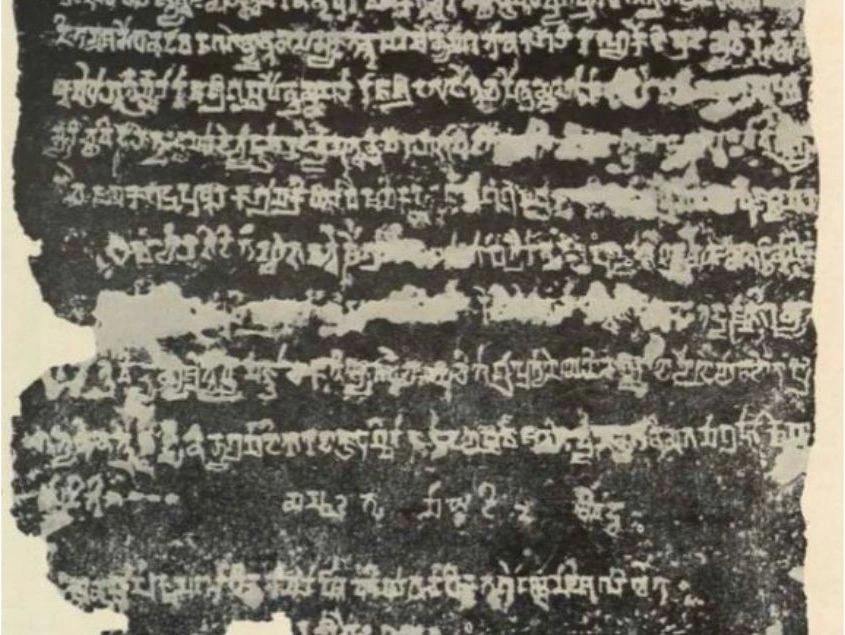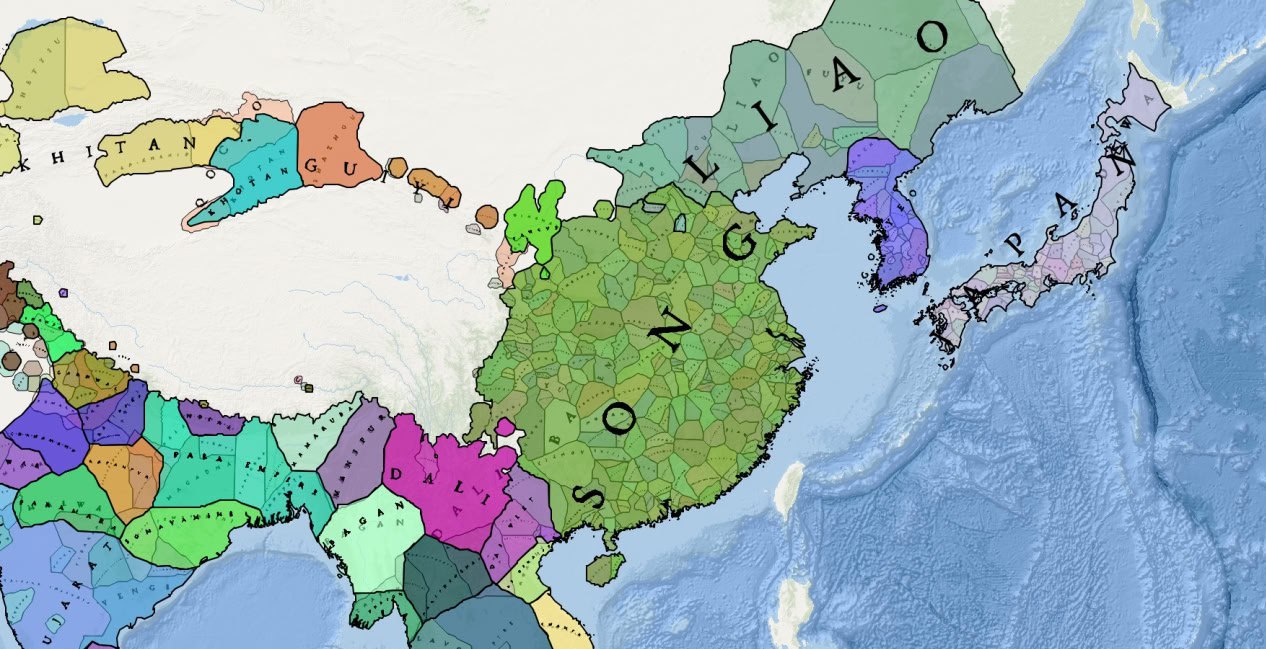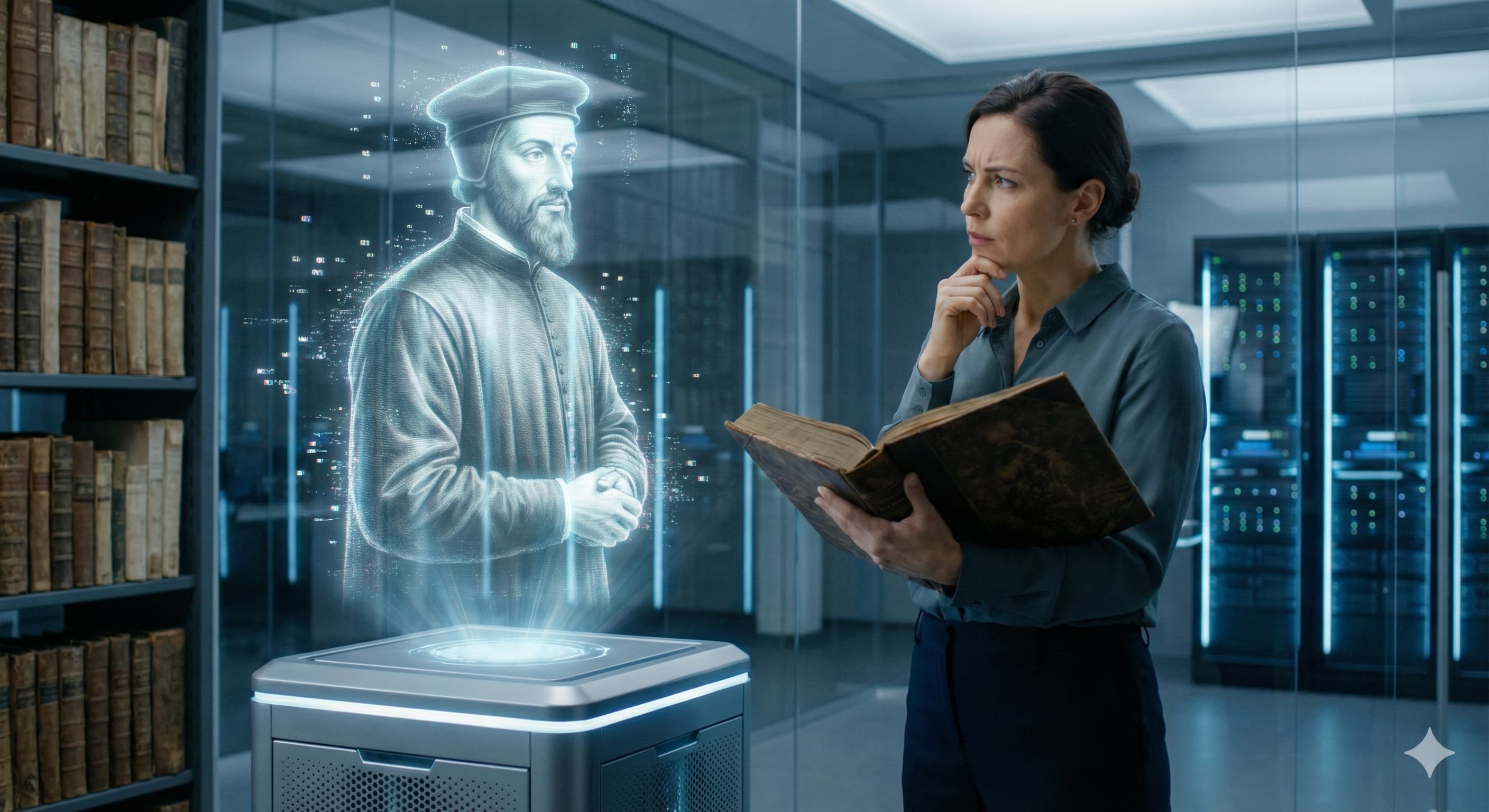Depths of History: Predictive Analysis and the Quest for Understanding
Predictive Analysis in Historical Research
According to Britannica Dictionary, history is the repository of all that has transpired, events of the past, based on source materials. In the pursuit of historical truth, scholars grapple with questions of objectivity, relying on historical sources as windows into the past. However, the reliability of these sources is often compromised by subjective and objective factors, posing challenges for historians seeking to reconstruct the past accurately. Yet, with the advent of artificial intelligence (AI) and predictive analysis, the landscape of historical research is undergoing a profound transformation.
The Evolution of Historical Research
Historical research has evolved significantly in recent years, propelled by advancements in data science. The late 20th century and dawn of the 21st century saw the beginning of the predictive phase. The development of mathematical models that utilized techniques to score data sets were programmed into analytical programs. This allowed computer to make suggestions and predict outcomes based on a series of inputs. Today, these ranking abilities provide data – driven answers as a potent tool in the historian’s arsenal, leveraging machine learning algorithms to uncover hidden patterns within historical data. Historians now have access to digitized historical data, and by analyzing large datasets and identifying correlations between variables, predictive models can forecast future outcomes with remarkable accuracy.
Harnessing Predictive Analysis
Embedded within this transformative landscape is my background in Digital Humanities, where I have explored the intersection of technology and cultural preservation. It is not merely about safeguarding artifacts; it is about weaving a narrative of accessibility, inclusivity, and collaborative exploration. Take, for instance, the captivating realm of papyrology, where predictive analysis stands as a source of innovation.
Scholars wielding predictive models to guide them to hidden texts buried beneath layers of time and sand. This is not just about deciphering faded ink on ancient scrolls, but it is about decoding the voices of civilizations long gone, revealing their personal narratives and literary styles. By melding digitized papyrus fragments with archaeological insights and linguistic perspectives, these models unearth patterns that transcend time and space, offering profound insights into the diverse tapestry of human history. We could say that, in this digital age, the boundaries between past and present blur, inviting us on a journey of discovery.
This way, predictive analysis has played a significant role in guiding excavation efforts and informing research strategies. One notable example is the work conducted by scholars at the University of Oxford’s Ancient Lives project. This project utilized predictive algorithms to analyze digitized images of ancient Greek papyrus fragments, enabling researchers to predict the contents of damaged or fragmented texts. By applying machine learning techniques to these digitized images, the Ancient Lives project reconstructed and transcribed text from damaged papyrus fragments with remarkable accuracy.
Predictive algorithms, trained on known linguistic patterns and handwriting styles, inferred missing characters and words, providing valuable insights into the content of ancient texts. This application of predictive analysis not only facilitated the decipherment of previously illegible texts but also enhanced the understanding of ancient languages, literary traditions, and cultural practices. By leveraging predictive algorithms to unlock the secrets hidden within ancient manuscripts, researchers have reconstructed lost narratives, illuminated obscure historical events, and preserved invaluable cultural heritage for future generations.
Challenges and Reflections
While predictive analysis holds immense promise, it is not without its challenges. Historical data is often incomplete and subject to interpretation, posing obstacles to the training of accurate predictive models. Moreover, historical events are shaped by multifaceted factors, complicating efforts to distill them into predictive frameworks. As historians navigate these challenges, they must remain vigilant, mindful of the limitations and biases inherent in predictive analysis. One of the most common pitfalls in data analysis is bias, impacting every stage from selecting research questions to drawing conclusions. To mitigate bias, researchers should maintain critical transparency regarding their research design, methods, and limitations. Acknowledging diverse perspectives and seeking feedback can help reduce bias.
Conclusion
In conclusion, predictive analysis represents a paradigm shift in historical research, offering new avenues for understanding the complexities of the past and anticipating future trends. While the road ahead is fraught with challenges, the promise of predictive analysis looms large on the horizon,
offering tantalizing glimpses into the mysteries of history.
As historians continue to push the boundaries of inquiry, predictive analysis will undoubtedly remain at the forefront of innovation, illuminating the path to greater understanding.
Literature
Kansteiner, W. (2022), 'Digital doping for historians: Can history, memory, and historical theory be rendered artificially intelligent?', History and Theory, 61, pp. 119-133.
Luebering, J.E. (2023), 'History', Encyclopedia Britannica, 17 Dec.
Van That, Vo, Pham Phuc Vinh, and Mai Quoc Dung (2021), 'Methods of historical data analysis and criticism in historical research', Baltic Journal of Law & Politics, 14(2).
Williams, A. C., Wallin, J. F., Yu, H., Perale, M., Carroll, H. D., Lamblin, A. F., ... & Brusuelas, J. H. (2014, October). A computational pipeline for crowdsourced transcriptions of Ancient Greek papyrus fragments. In 2014 IEEE International Conference on Big Data (Big Data) (pp. 100-105). IEEE.









